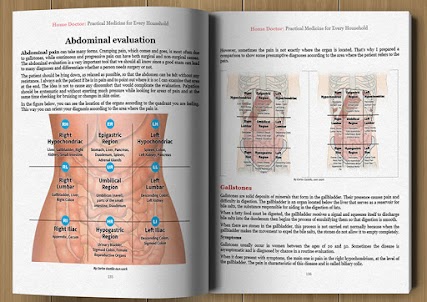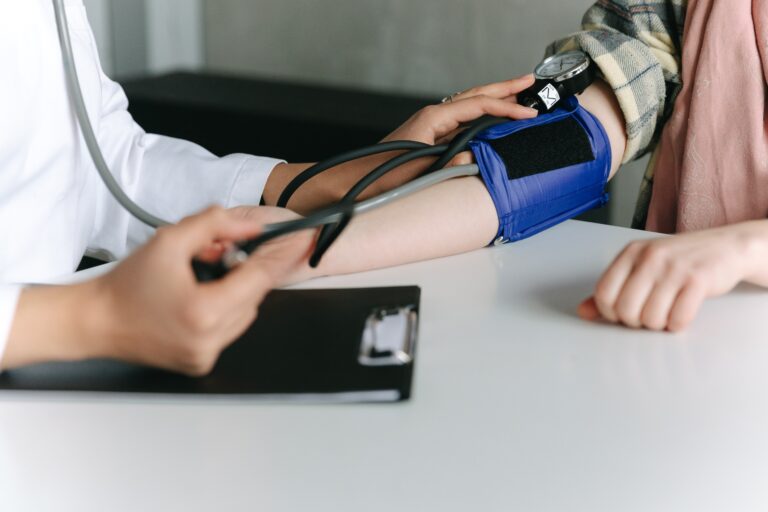For those looking to start a healthier lifestyle, the topic of herbal tea is one that can’t be ignored. But how exactly is herbal tea good for you? Having a wide range of health benefits as well as good taste, it’s understandable why herbal teas are so popular amongst practitioners of healthy living. In this article, we’re going to run through some herbal teas that are well-known for their health benefits and medicinal use.
The Difference Between Herbal Tea and True Tea
Did you know that herbal teas aren’t technically real teas? Tea comes from the plant Camellia sinensis, or what’s usually called the tea plant or tea tree. On the other hand, herbal tea is made by combining various leaves, spices, flowers, and bark, not from Camellia sinensis.
This is how various types of herbal teas can give different kinds of benefits. Each of them uses different herbs.
Note: Some of the links here are affiliate links. There’s NO additional cost for you, but it does help our team to earn some coffee money to help write more health tips for you.

Is Herbal Tea Safe During Pregnancy?
Real tea does contain caffeine, a substance that pregnant women are generally advised to avoid. However, as we’ve established above, herbal tea is not made with real tea leaves, meaning not all of them contain caffeine.
But caffeine isn’t the only problem. Consuming large amounts of herbal tea when pregnant can interfere with several metabolic processes. According to this research, you should not go over two cups a day of herbal tea when pregnant.
Herbal Teas That May Be Safe During Pregnancy:
- Raspberry leaf tea (with caution for the first trimester)
- Peppermint tea (with caution for the first trimester)
- Ginger tea
- Lemon balm
Moderate consumption of herbal tea in pregnant women should be fine, and some can even help during different trimesters. To be safe, consult with your doctor.

How is Herbal Tea Good For You?
Chamomile tea: the best herbal tea for headaches and anxiety
Sit back, grab yourself a hot or iced cup of Stash Chamomile Nights Herbal Tea, and feel the stress and anxiety leave your body.
Chamomile’s medicinal properties can be traced way back to 1550 B.C.E. in the Egyptians’ medical papyrus of herbal knowledge, the Ebers Papyrus. It’s even said that the Egyptians thought of the herbal plant as a gift from Ra, the sun god.
Chamomile can treat various diseases but is more known for its relaxing effects. It contains apigenin which acts as a mild sedative and induces sleep, which is why it can help treat insomnia. Because of its relaxing properties, chamomile tea is one of the best herbal tea for headaches and is also often used to help those suffering from anxiety.
Peppermint tea: the best herbal tea for digestive problems
Ease that stomach ache with a refreshingly minty cup of Twinings Pure Peppermint Tea. It’s caffeine-free and made with 100% pure peppermint.
Out of all the beneficial effects of peppermint, it’s probably most popular for its ability to treat indigestion. The menthol in peppermint leaves reduces spasms and calms intestinal muscles. Thus, having a relaxing effect on the GI tract and aiding in treating irritable bowel syndrome (IBS) among other digestion issues such as nausea and stomachache.
Ginger tea: the best herbal tea for cough and nausea
A warm and spicy cup of Traditional Medicinals Organic Ginger Herbal Tea is sure to ease your coughing fit while also promoting healthy digestion and preventing nausea.
Ginger is packed with anti-inflammatory, analgesic, and antibacterial compounds that help relieve a sore throat. It’s often used as a natural remedy for cough and flu in Asian folk medicine. Other great uses of ginger tea are curing nausea, weight management, and maintaining heart health by lowering blood pressure and cholesterol.
Hibiscus tea: the best herbal tea to lower blood pressure
Add a splash of honey to an iced glass of Traditional Medicinals Organic Hibiscus Herbal Tea and enjoy its fruity flavor on a hot summer day. Or do the complete opposite and enjoy a warm cup on a cold night.
While there are many herbal teas that help improve heart health, hibiscus tea is arguably the best herbal tea to lower blood pressure. Several studies show that drinking hibiscus tea is successful in lowering systolic and diastolic blood pressure. According to the research, you need to consume 3 cups of hibiscus tea per week for significant improvement to happen.
Other benefits of drinking hibiscus tea regularly are lowering blood fat including cholesterol levels, improving liver health, killing bacteria, and aiding in weight loss.
Rooibos tea: the best herbal tea for weight loss
Rooibos tea is packed with health benefits, but can be a bit tricky to find in supermarkets. Thankfully, you can easily grab a pack of Twinings Pure Rooibos Red Herbal Tea on Amazon.
Sometimes called red bush tea, traditional rooibos tea is red-colored as an effect of fermentation. It is native to South Africa and has been historically used to treat all sorts of conditions.
Rooibos tea is rich in antioxidants, improves your overall health, and minimizes cancer risk. It’s also the only natural source of aspalathin, which has anti-diabetic effects and helps curb hunger. This combined with the high content of antioxidants makes rooibos tea a great tool for weight loss.
Switching to Tea?
If this is your first time, you might be torn on which type of herbal tea to buy. After all, they all have incredible benefits, many of which overlap with each other. To make it easier for you, we suggest buying an herbal tea sampler set so that you can try out many kinds without ending up with too much.
Your Must-Have Guide to Ailments, Diagnosis & Unexpectedly Effective Home Remedies
Authored by 2 real doctors and a survivalist prepper, The Home Doctor, will enable you to (1) find a common “antibiotics” plant, (2) diagnose the type of abdominal pain you have, and (3) do so much more.














